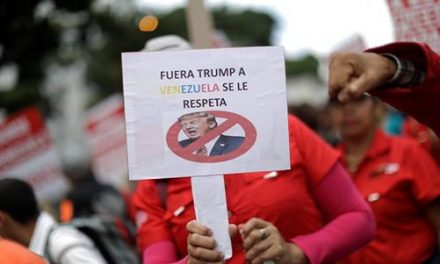Spying, Extractive Industries, Governments and Resistance: Tales from Two Whistle Blowers
By Judith Marshall
Originally published by the Canadian Centre for Policy Alternatives on December 1, 2013
I spy, you spy…. In the world of big mining and big oil companies, it would seem that everybody spies.
Most Canadians were profoundly shocked to learn that the Canadian government had been spying on the Ministry of Mining and Energy in Brazil. Canada’s usually low profile spying agency, Communications Security Establishment Canada (CSEC) was dramatically outed by documents from Edward Snowden, the now famous whistle blower from the US National Security Agency, NSA. Brazil’s Globo TV network revealed the Canadian spying story on its flagship investigative programme, Fantastico on October 6.
It wasn’t only CSEC that carried out the spying. The UK Guardian which has been publishing the Snowden documents has also documented how CSEC then shared the data it collected with Canada’s counterpart spying agencies in the US, the UK, Australia and New Zealand, know as the Five Eyes.
The Fantastico exposure included slides from a CSEC power point presentation to a meeting of the Five Eyes last June. CSEC outlined in detail how they had used a programme called Olympia to break through the Brazilian Ministry’s encryption. The information on Brazil was gleaned through building a detailed map of the Ministry’s communications and carrying out a mixture of monitoring emails and electronic communications as well as eavesdropping on telephone conversations, all part of the “metadata mining’ approach now in vogue in the world of espionage.
Equally problematic were the revelations that this and other information gleaned from CSEC’s spying activities over the years have been shared on a regular basis with private mining and energy companies in Canada. The heavily redacted documents that have been leaked include records of regular meetings involving Canadian government leaders, government agencies and corporate representatives, granted security clearances for the occasions.
The Guardian revealed that these meetings have been conducted twice annually since 2005 involving federal ministries, spy and police agencies such as CSIS, CSEC and the RCMP and representatives from scores of mining and oil companies.
In 2007, the then Natural Resources minister, Gary Lunn, mentioned at an industry gathering, “we have sponsored over 200 industry representatives in obtaining Secret Level II security clearance. This enables us to share information with industry and their associations so that the appropriate security enhancement measures can be adopted.”
The story of Canadian government spying on Brazil has been well documented by major Canadian news agencies including stories by much touted Globe and Mail reporter, Stephanie Nolen, now based in Brazil. The September issue of CCPA Monitor reported on the NSA spying activities while in its November issue, Asad Ismi wrote a lengthy and thought-provoking analysis of Canadian government spying. It included not only the spying on Brazil but the overly intimate government-corporate links and the spying carried out on Canadian civil society activists concerned about mining, from rights and environmental activists to Aboriginals defending sovereignty.
In the world of extractive sector corporations and their megaprojects, however, governments are not the only spies. Corporations also spy, according to the startling revelations made recently by a whistleblower who had spent eight years spying for Brazil’s mining giant, Vale. Canadian Vale employees and United Steel Workers (USW) union staff who are members of the International Network of People Affected by Vale, were shocked to find themselves named by the Vale whistleblower.
The tales of this whistleblower also need to be told in Canada.



